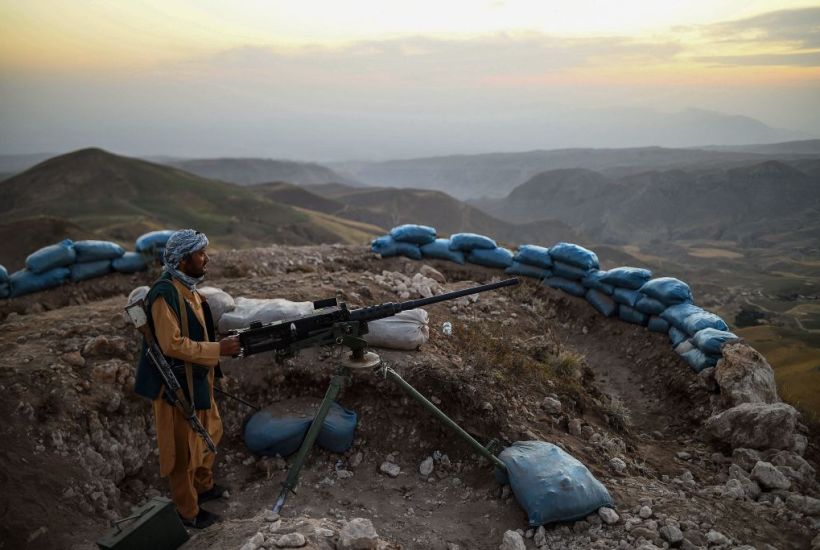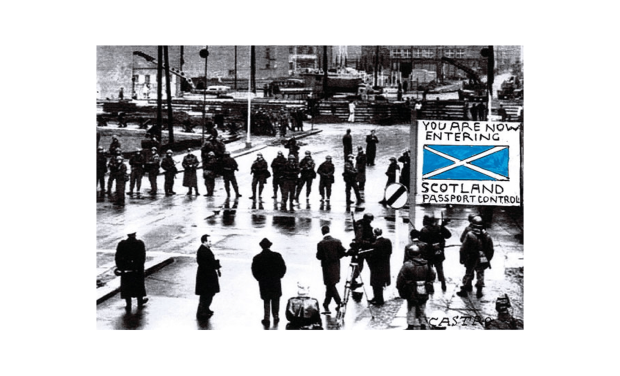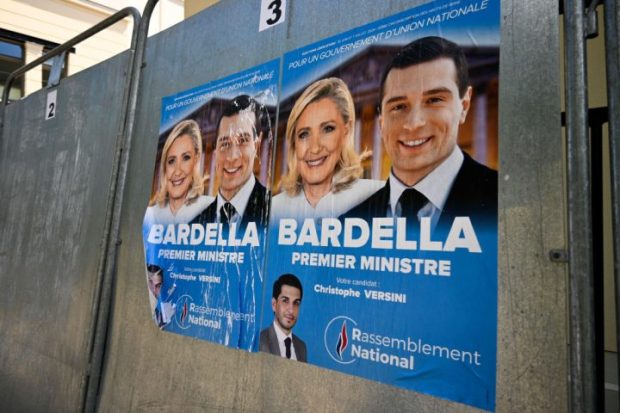It may well go down as the understatement of the year. In a quite extraordinary address to the nation after the fall of Kabul to the Taliban, the US President made this admission:
‘The truth is this did unfold more quickly than we had anticipated. So what’s happened? Afghanistan’s political leaders gave up and fled the country.
Already a subscriber? Log in
Subscribe for just $2 a week
Try a month of The Spectator Australia absolutely free and without commitment. Not only that but – if you choose to continue – you’ll pay just $2 a week for your first year.
- Unlimited access to spectator.com.au and app
- The weekly edition on the Spectator Australia app
- Spectator podcasts and newsletters
- Full access to spectator.co.uk
Or




















Comments
Don't miss out
Join the conversation with other Spectator Australia readers. Subscribe to leave a comment.
SUBSCRIBEAlready a subscriber? Log in